This blog post is the first in our DevOps Decoded series, featuring expert Q&A from our recent webinar:
Mind The Gap: DevOps Skill Assessment Made Simple.
If you missed it, register to watch the recording.
Part 1: DevOps Implementation and Strategy
Organizations of all sizes face significant challenges when implementing DevOps practices, from coordinating centralized platform teams to balancing technical excellence with business priorities. In this section, we address your questions about practical DevOps implementation strategies.
Q1. Many Big orgs like banks have central Platform and Central DevOps team, they do the main part and feature team devops only re-uses it, what to do in this scenario?
This centralized model is actually optimal in many ways, as it reduces operational overhead for individual teams while providing standardized infrastructure. This structure represents the natural evolution of platform engineering as an extension of DevOps practices. If we define DevOps as teams creating automated pipelines for software and infrastructure delivery, then platform engineering takes this further by creating frictionless experiences and self-service capabilities.
In this scenario, your challenge may be gaining hands-on experience with platform building. Consider volunteering for projects with the central platform team to expand your skills. Alternatively, KodeKloud's interactive labs and KodeKloud Engineer program can provide practical experience in environments your current role might not offer, helping you develop valuable skills while working within your organization's structure.
Q2. How to reduce the cost of applying these pillars to existing business, cost in terms of time and money. As engineers, we want to use the best practices but for business the priorities are different.
The key to managing costs is demonstrating clear value to the business. With our 24 verbs of production readiness framework, you don't need perfect implementation of every aspect - you need thoughtful decisions about each one.
For example, if implementing distributed tracing requires significant investment that the business isn't ready to make, document this as a conscious decision: "We evaluated tracing implementation but determined the current business priorities and deadlines don't support this investment." This documentation becomes valuable when issues arise later that tracing might have prevented.
Your role as an engineer is to present the technical implications of these decisions, document the trade-offs, and help the business make informed choices. Sometimes short-term business needs will override engineering best practices, and that's a normal part of business operations. By clearly documenting these decision points, you create organizational clarity around technical debt and future improvement opportunities. Ultimately, engineering must support business objectives, but we can ensure decisions are made with full awareness of their implications.
Q3. Is your DevOps course this detailed?
Our courses are designed around the comprehensive structure of the 24 production readiness verbs. In our Kubernetes curriculum, for instance, you'll learn essential aspects including monitoring, logging, provisioning, and security. We've developed courses that address most of these critical operational areas and continue enhancing our content.
While not every course currently maps explicitly to this framework, we're actively evolving our curriculum to provide clearer skill progression paths aligned with these production readiness pillars. This structured approach helps learners understand exactly where they stand in their skills development journey and what capabilities they need to master next.
Coming up next in the DevOps Decoded Series
📚 DevOps Decoded Series
Part 2: DevOps with AI — Learn how to navigate AI tools in restricted environments and understand the evolving relationship between DevOps and AI technologies.
Part 3: Kubernetes & Related Technologies — Expert insights on managed vs. self-hosted Kubernetes, certification paths, and emerging technologies like eBPF.
Part 4: MLOps & AI Frameworks — Discover the growing intersection of DevOps and machine learning operations, including guidance on framework selection and implementation.
Ready to accelerate your DevOps journey?
✅ Check out our DevOps Skills Assessment Quiz to identify your next learning opportunity, or explore our full DevOps curriculum to continue building your expertise.
💡 Have questions about DevOps implementation strategies?
Our team is here to help.



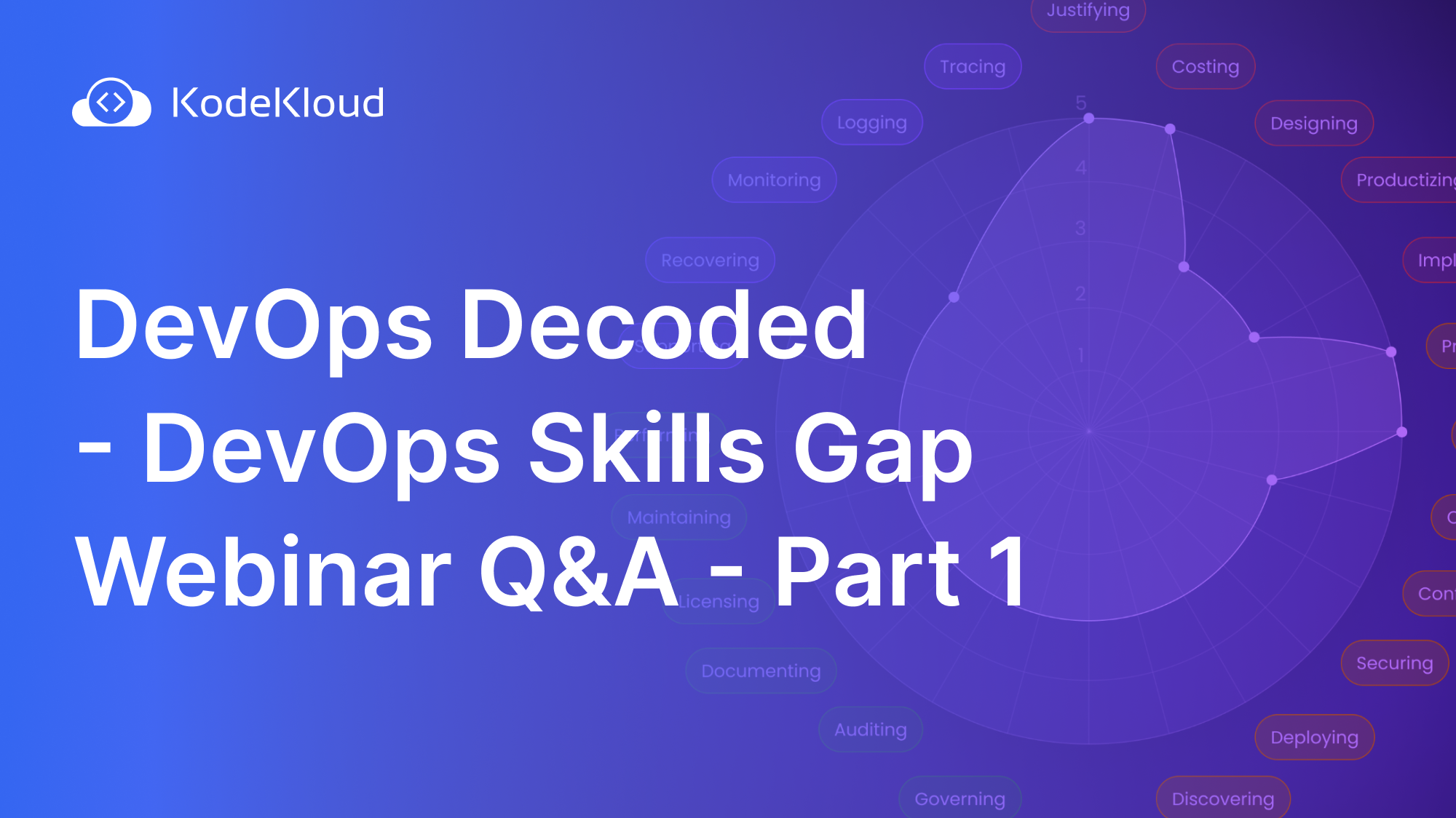
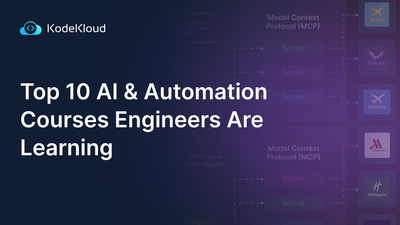
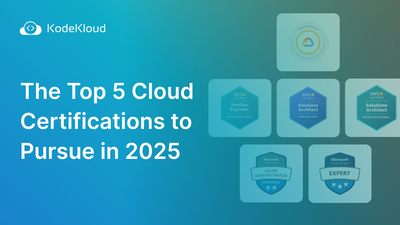
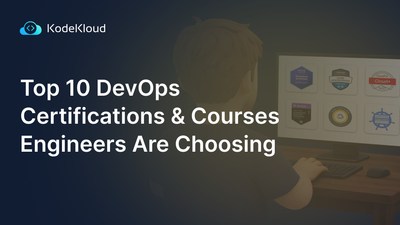
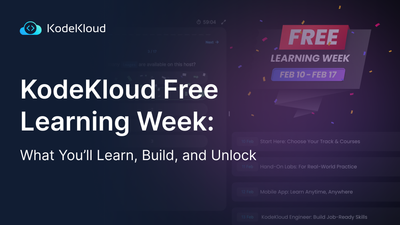
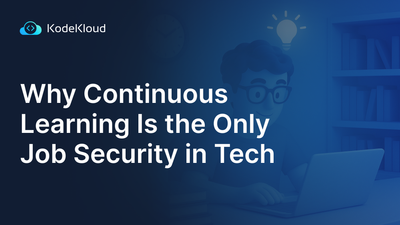
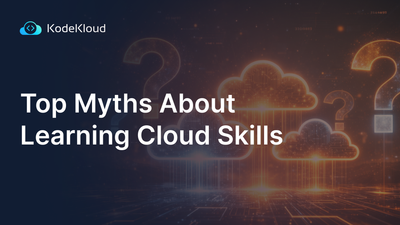
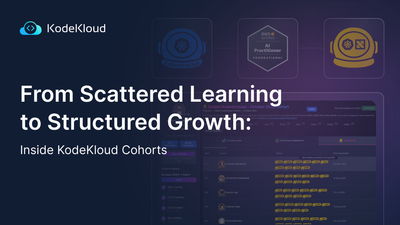
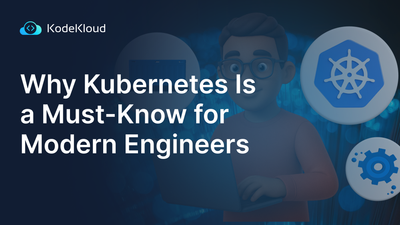

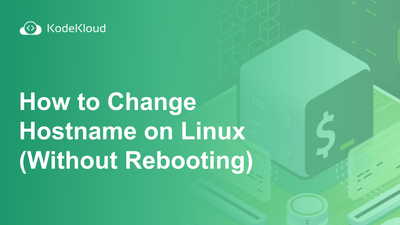

Discussion